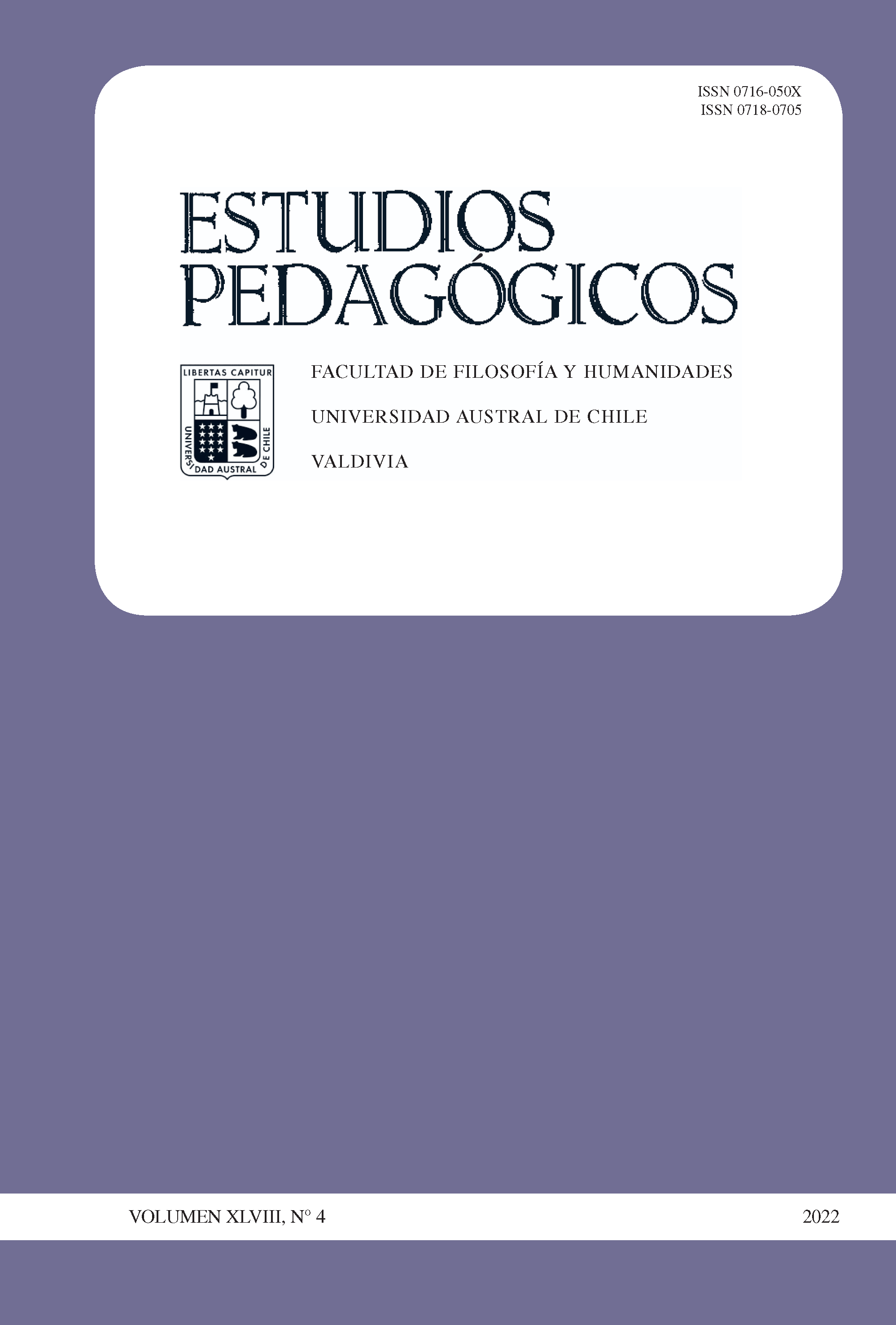Heritage-school-community articulation: a cartographic approach from Bronfenbrenner’s ecological theory for rural situated learning
Main Article Content
Abstract
Although local cultural heritage could be a key educational tool for learning in rural contexts, there is little evidence of this area of at the national level. The present article draws on Bronfenbrenner’s ecological model, in order to explore relationships related to local heritage that are connected to situated learning in children and young adults. Methodological guidelines of the Action Research were adopted from a socio-critical paradigm, under which interviews were conducted with education officials, families and neighbors of the school to later develop a cartographic student workshop. The results suggest that the family and informal spaces are the most relevant with respect to heritage socialization. In addition, the relationships between different environments increase the possibilities of situated learning. Finally, it was found that cartographic work constitutes an effective tool for the visibility of local heritage from the perspective of the children and young adults.

